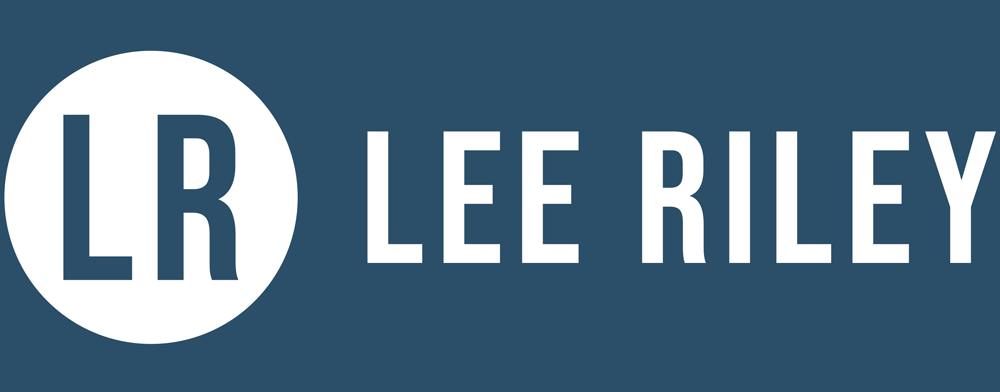A Second Look at Psychological Safety
You’ve probably been there: just as your weekly meeting is grinding to a close, a well-meaning but somewhat impulsive co-worker brings up the topic that’s on everyone’s mind but no one wants to talk about: a series of decisions made upstairs that by most accounts were short-sighted and unfair. The fact that leadership has avoided addressing these concerns has turned the whole thing into a powder keg.
Even so, your co-worker persists. You have some things to say, too, and as you wait for a break in the conversation it happens: your heart rate goes up, breathing gets shallow, you start to sweat, and your mind gets a bit foggy…all in a flash. It appears even your physiology has an opinion on the matter.
This jolt of adrenaline reminds you of what you’d momentarily forgotten…that what you’re about to say could boomerang and have negative consequences. This could range anywhere from awkward silence at the meeting to some kind of retribution afterward. Who knows? Whatever the case, you have second thoughts and decide not to speak up.
Welcome to the notion of “psychological safety.”
I didn’t like the term the first time I heard it. I generally dislike jargon—sophisticated-sounding words for simple concepts that we use to signal our insider status—and it seemed to me this fell squarely into that category. Also, the word “safety” just hit me wrong. Safe? From what? Life is dangerous so buckle up, adapt, confront the problem, and do what you need to do. Seriously, what am I supposed to be afraid of?
Once I got past my emotional overreaction, I could see that the concept was useful and actually explained quite a bit, including much of my own experience. What does it mean? Here’s one definition:
“Psychological safety is a shared belief held by members of a team that it’s OK to take risks, to express their ideas and concerns, to speak up with questions, and to admit mistakes — all without fear of negative consequences.”*
It doesn’t take much unpacking to see that any group can be analyzed through the lens of psychological safety, especially the workplace:
You can’t be honest with your boss for fear of negative consequences.
You can’t name the elephant in the room for the same reason.
There exists a pecking order with your co-workers, and you have to calculate your interactions with those at the top…again, for the same reason.
Seen in this way, its utility became abundantly clear. I don’t see myself as psychologically needy (most of the time) but I do know what it’s like to adjust how I engage in a situation out of concern for the consequences. I would say that this climate exists to some degree within most organizations I’ve worked either with or for. I’m guessing many of you could say the same.
There are two reasons for this. First, the instinct to protect ourselves, both physically and socially, is so deeply built-in that it’s reflexive. Second, this leads us to instinctively recognize that people with authority over us have the potential to be dangerous (so to speak) so they tend to be guilty until they prove themselves innocent. When these two forces collide, playing it safe becomes natural.
We all know this. When we’re new at a job, for instance, we’ll likely avoid anything controversial until we’ve figured out who’s safe. This is especially true, again, with those above us organizationally. This doesn’t mean we walk around in conscious fear, just that we’re going to be cautious and calculating until we know it’s OK to be otherwise. I’m guessing that right now you could analyze your own workplace this way and identify who you generally trust, who you really don’t, and where everyone else lines up in between.
If you’re the boss, the situation is a little different since you’re at the top of the food chain. Because of your role, your presence is never neutral for employees since your opinion of them always has consequences…and they know it. Your work is to consistently demonstrate that you’re approachable, fair, can receive unflattering feedback, and (most of all) will conduct yourself in a way that reflects an awareness of your power.
One last point. I’ve seen instances where employees feel psychologically unsafe, but it comes from a place we may not expect: disrespect or even contempt. This happens when the powers-that-be show themselves to be less than competent, small-minded, provincial, territorial, vindictive, jealous, insecure, or similar. Why would a competent employee bring their best effort, ideas, and energy to this mess? Standing out in a positive way will not only go unrecognized, there’s also a chance it’ll be perceived as threatening…and we know where that could go.
Next time: how managers create these “safe” environments. Some things are obvious but some aren’t.

